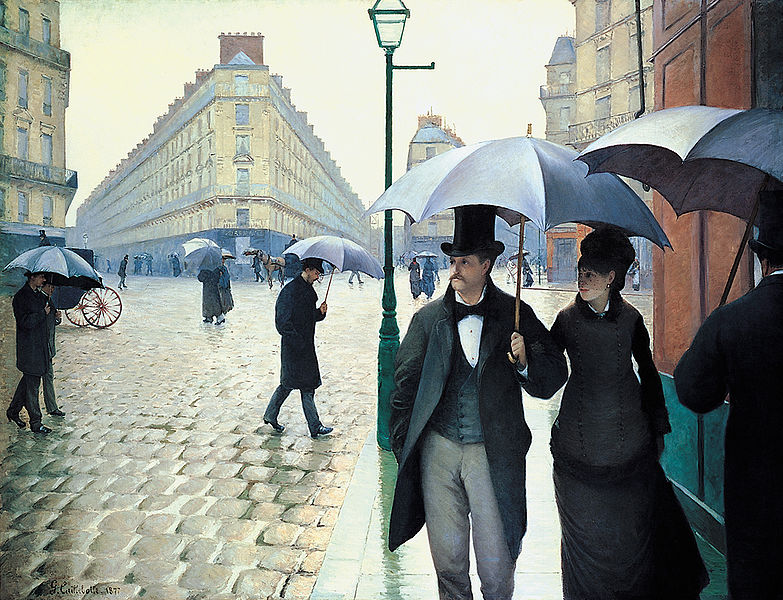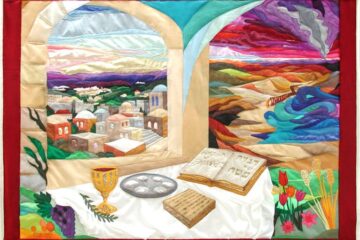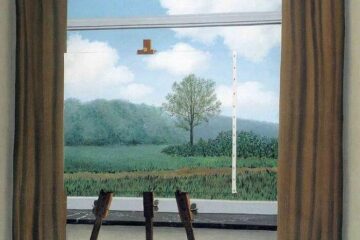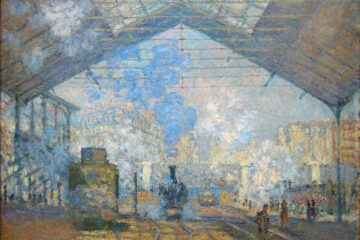A readiness for a new way of living is a precondition for receiving guidance and instructions that will change one’s life. View the study sheet here. Watch the recording here.

Did you ever try to get someone to change their behavior? It’s an exercise that cuts across multiple parts of our lives. As a parent. A friend. As manager of a work team in a company. With a stranger. As chair of a committee. One method is the direct approach. “Stop biting your nails!” “Don’t be so snarky!” “Stop being the center of attention!” If those orders were directed at you, how likely would you be to change? Studies show that most people would be very unlikely to do so. In fact, insistent external pressure actually makes a person less likely to change.
There are methods that enable a person to be the agent of their own change. One of those is narrative therapy. Narrative therapy helps people become an expert in their own lives. The emphasis is on the stories one develops and carries with them on their journey through life. With skilled guidance, the individual explores the events in their lives and the meanings they have placed in them. Sometimes a person will have attached meaning to a particular set of events that is no longer applicable to their current setting. Other times, they will recall a story that reveals what made them feel purposeful, empowered and happy.
Two months after leaving it, the Israelites still carry Egypt within them. Standing at Mount Sinai they experience revelation in the form of the Ten Commandments. And this week they receive more laws, mishpatim. The order of events is: slavery, Ten Commandments, specific laws of new behavior. At least that’s the order as it appears in the written edition of the story.
One thousand years before the design of narrative therapy, the medieval commentator Rashi guides us in reconfiguring the order of events. Before the moment at Sinai, he tells us, Mosestold the Israelites a story, one that went all the way back to Creation, the Garden, the Flood, Abraham. Engaged in the story, the Israelites see themselves in it. They recognize the inadequacy of how they have been living. And it awakens in them the hopeful glow of being embedded in a saga of purpose and a desire to release Egypt and to embrace a new way.
What is it that prepares within us a readiness to change? Often it will be something disruptive, something anomalous that causes our current tale of self to no longer be useful or healthy. Something that we can’t quite fit into our current frame of reference.
Join us here at 7:00 p.m. (PST) Thursday January 27 as we explore beyond the frame.








